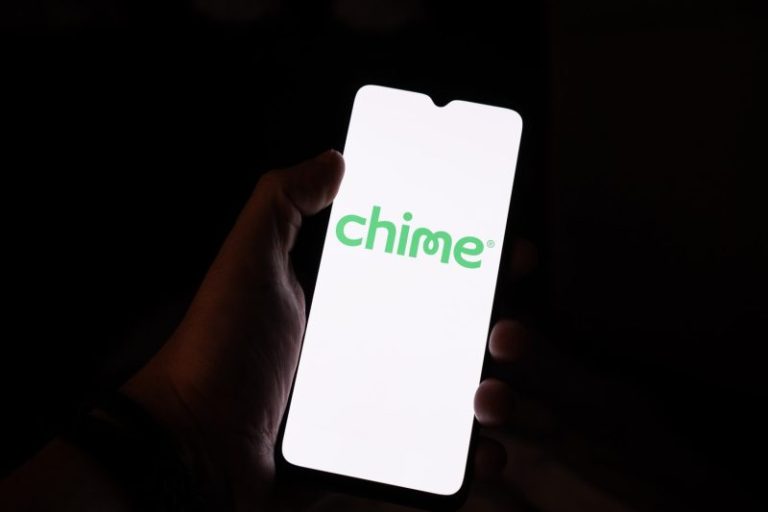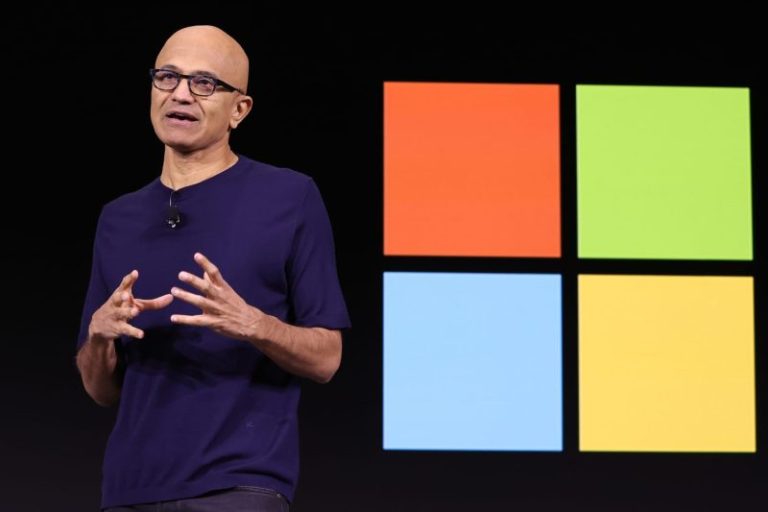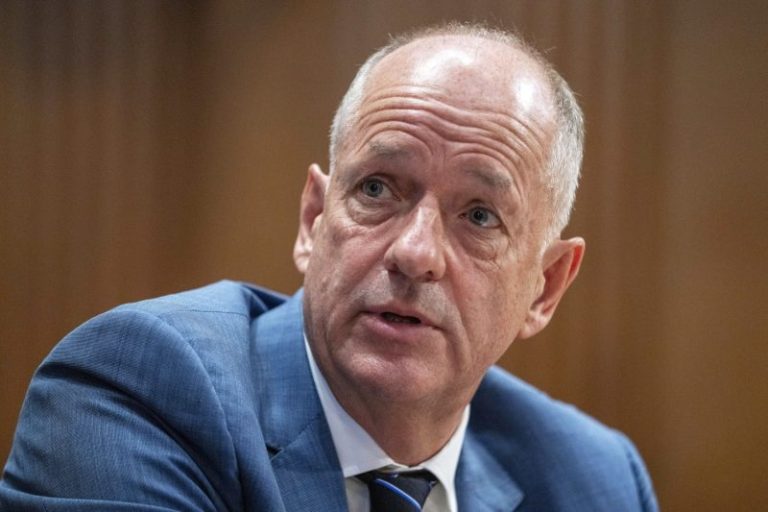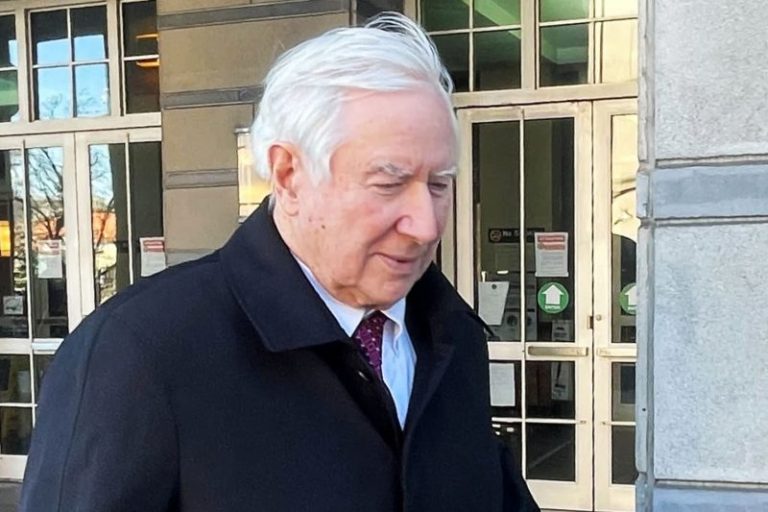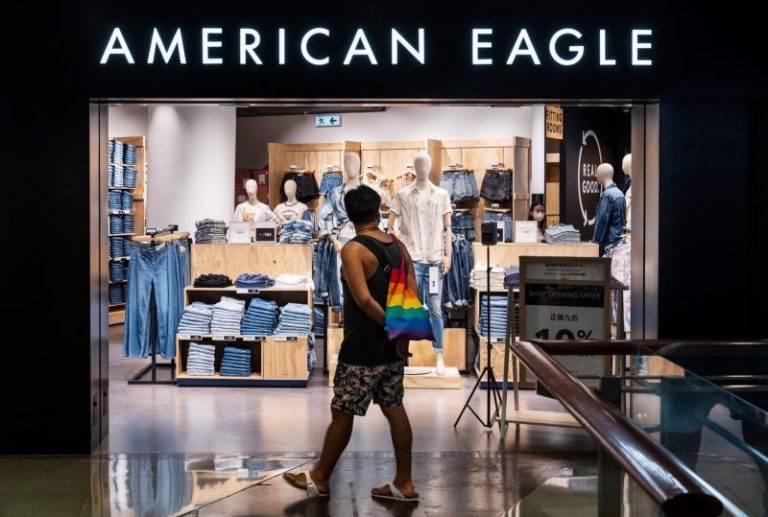CAMDEN, N.J. — The father and son duo behind a stock fraud scheme involving the infamous $100 million New Jersey deli were sentenced to several months in prison Tuesday.
Peter Coker Jr. was sentenced to 40 months. With credit for time served, he owes about 12 months locked up. But he could be released sooner than that given how federal inmates are granted time off for good conduct.
Earlier Tuesday, the 56-year-old’s father, North Carolina businessman Peter Coker Sr., was sentenced to six months in jail, to be followed by six months of home confinement, for his role in the case.
The Cokers and a third man, James Patten, admitted to the scheme in orchestrated the fraudulent inflation of the share price of two companies to better position them for mergers with private firms.
One of the companies, Hometown International, ended up having a market capitalization of more than $100 million despite owning just a small, money-losing deli in South Jersey.
The other company, E-Waste, had an even larger market cap, despite having no business operations.
Coker Jr. was brutally attacked while in a Thai prison awaiting extradition in early 2023, his attorney said at his sentencing for securities fraud in New Jersey federal court on Tuesday.
Coker Jr. was set upon by as many as 10 fellow inmates in the Thai lock-up, his lawyer said. Coker Jr. was being held there after police found him in Thailand while under indictment in the United States for the securities fraud scheme involving the deli owner and a related shell company
Coker Jr.’s lawyer, John Azzarello, cited his time in the Thai prison and in the 26 or so months he has served in an Essex County jail, in asking a judge to sentence him to effectively time served, or only a few months more.
Azzarello called those conditions in both jails “inhumane.”
Azzarello also detailed how Coker Jr. was suffering from severe cirrhosis of the liver as the result of alcohol abuse — “a bottle of whiskey a day” — before he was arrested in Thailand.
He said Coker Jr. had been hospitalized several times for his condition, and that doctors were considering doing a liver transplant.
Coker Jr., speaking to Judge Christine O’Hearn in U.S. District Court in Camden, said, “This crime has changed me profoundly.”
“The assault and the horrors I experienced in Bangkok prison, I wouldn’t wish on my worst enemy,” Coker Jr. said, wearing a yellow one-piece jailhouse uniform.
“It was the lowest point in my life.”
He also expressed regret for his role in the scheme, which involved his father and another man.
“It’s very important to me that your honor and my parents know I wish I could go back,” and not commit the crime, Coker Jr. said.
“It kills me, every time I think about it, how my actions affected my parents,” he said.
“My parents should have never been associated with this abhorrent crime,” Coker Jr. said.
“My greed destroyed us both.”
Coker Jr. faces deportation after he serves his sentence. He renounced his U.S. citizenship in 2019, and holds citizenship in the Caribbean nation St. Kitts.
During his sentencing, Coker Sr. was ordered to pay a $500,000 fine and pay up to $644,000 in restitution.
“I do stand before you extremely remorseful for my actions,” Coker Sr. said as his wife, daughter, grandchildren, and friends looked on.
“I’m terribly sorry for my part. This episode has been the worst time of my life,” the 82-year-old Chapel Hill resident said. “I’m sorry for every investor who has been harmed by my actions.”
Federal sentencing guidelines had suggested a prison sentence of 51 to 63 months for Coker Sr.
But prosecutors said they wanted less time than that, namely the top end of a range of zero to 24 months that they stipulated when he pleaded guilty.
Judge O’Hearn said she would have sentenced Coker Sr. to much more time in jail if he was not as old as he is.
“This was a fraudulent scheme from the inception,” Judge O’Hearn said at the start of the hearing.
“The companies are, in fact, worthless, and there is no prospect for recovery,” O’Hearn said.
“This was a multi-year, very sophisticated fraudulent scheme involving a sort of esoteric corporate structure, of which I’ve learned more than I ever care to,” the judge said. “One that was illegal … and it caused harm.”
The judge opened the hearing by delivering a blow to defense lawyers, adopting prosecutors’ argument that there were nearly $5 million in losses from the scheme, which included investments by Duke and Vanderbilt universities.
“What is the motivation here other than greed? Because I don’t see it,” O’Hearn asked at one point, after noting that all three defendants were each worth millions of dollars apiece.
Coker Sr., who was a star college basketball player at Dartmouth and then North Carolina State, has a net worth of $6 million, the judge said.
Patten is due to be sentenced on June 10.
The younger Coker was not in court while his father was sentenced, because of a long delay in transporting him from a jail in Essex County. He has been detained there without bail since being extradited from Thailand in March 2023 following his arrest there as a fugitive.
Coker Sr.’s lawyer, Zach Intrater, asked O’Hearn to sentence him to no prison time after describing him as a good family man who never disputed his criminal conduct after he was first charged.
“I don’t think they make very many more like Pete anymore,” the defense attorney said. “He’s courtly, his manners are impeccable.”
Intrater repeatedly referenced Susan Coker, who has been married to Peter for 61 years, asking the judge to allow the couple to remain together for what remains of their lives.
“He bears responsibility for engaging in an offense that didn’t just hurt other peopl,e that didn’t just hurt his family, but that involved his son, his only son, and knowing that his son has been incarcerated in part from his own actions and knowing what has happening to his son during that term of incarceration.”
“Judge, I think having to live with that is a punishment that could be worse than even what you could impose,” Intrater said.
The attorney also argued that Coker Sr. was not the “prime mover” for the scheme.
Susan Coker told the judge, “He’s just a wonderful guy.”
“I know if he had a second chance, he never would have done any of this,” Susan said, her voice cracking.
Coker Sr. and Patten were arrested in September 2022, months after both Hometown merged with a bioplastics company, and more than a year after E-Waste did its own merger with an electric vehicle company.
Coker Jr., who previously resided in Hong Kong, was arrested months later.
The men were indicted more than a year after CNBC detailed a web of questionable connections between Hometown and E-Waste, as well as the prior criminal and civil court cases of Coker Sr. and of Patten, and consulting deals with both companies that benefited those two men.
The fraud came to light in April 2021 when hedge fund manager David Einhorn wryly noted that Hometown International’s market capitalization was $100 million despite owning just one asset whose annual revenue from selling sandwiches, soda, and chips was less than $36,000 for the past two years combined.
“The pastrami must be amazing,” Einhorn wrote in a letter to clients.
Intrater on Tuesday said that he believed the case was prosecuted in large part because of the Einhorn letter, which generated significant coverage in the media.
The scam, which ran from 2014 through September 2022, coordinated trading of the stocks of the companies, creating the false impression of demand for shares that traded on OTC Marketplace.
The scheme began when Patten suggested the creation of Hometown as an umbrella corporation to his friend Paul Morina, a high school principal and renowned wrestling coach. The company would go on to own the Your Hometown Deli in Paulsboro, New Jersey.
Morina and the other deli owner were unaware of Patten’s scheme to manipulate Hometown’s stock.
Hometown’s stock price rose by more than 900% during the scheme. The price of E-Waste rose by nearly 20,000%.
In 2010, Patten pleaded guilty in New Jersey federal court to a mail fraud charge in connection with sending a client a false financial statement to cover up bad investments he made using her money. He was sentenced to 27 months in prison in that case.
Four years before, Patten was barred by the broker-dealer FINRA from acting as a stockbroker for failing to satisfy an arbitration award of more than $753,000, violating securities laws, and unauthorized trading for churning a client’s account.
Coker Sr. years ago was sued for allegedly hiding money from creditors and alleged business-related fraud. He denied wrongdoing in those cases.
This post appeared first on NBC NEWS



